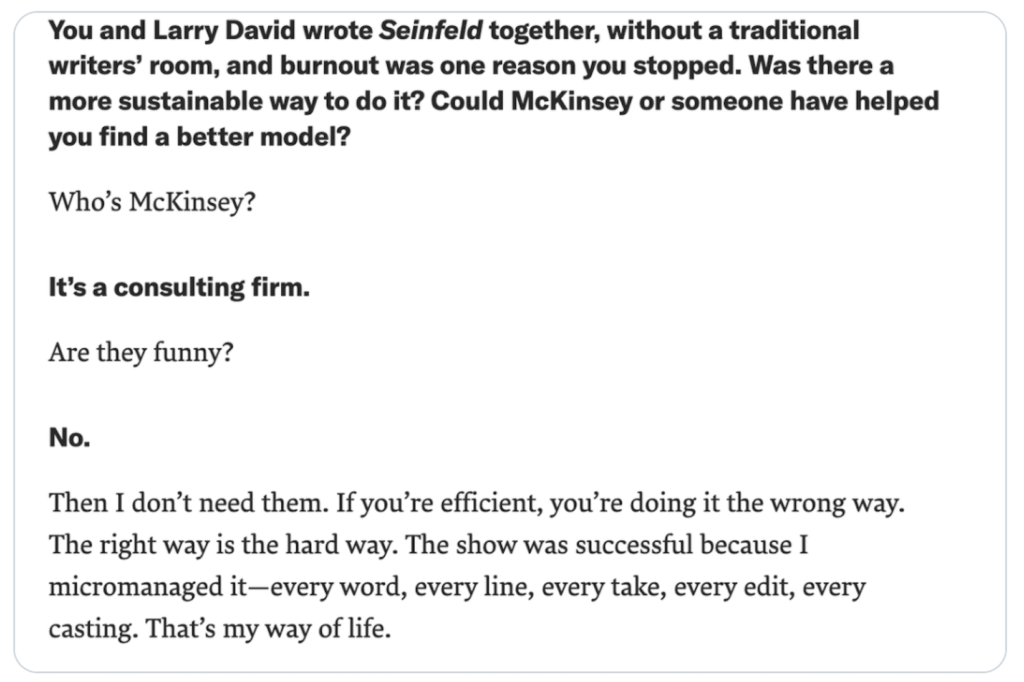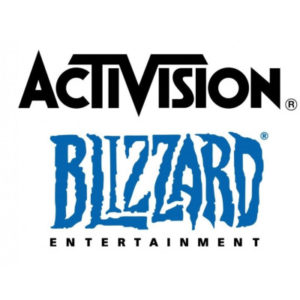On a daily basis, I get messages from folks who are ready to make a pivot in their career, and with so many folks losing their job because of COVID the amount looking to pivot seems to be increasing. Career pivots aren’t a new thing. On average people change jobs like 358 times during their career or something like that.
Here’s how that conversation normally goes when I have a conversation with a friend who’s deciding on a pivot:
Friend of the Project: Tim! So, I lost my job (or I hate my job) and I’ve always wanted to be a Professional Puppy Petter!
Me: OMG! Me Too! I love puppies! So awesome!
FOP: Okay, so I’m currently making low six figures, like $127,350. And while I know I won’t make that same amount in my pivot profession, I still need to make $127,300. What advice do you have for me to become a Professional Puppy Petter?
Me: Don’t.
FOP: Haha! No seriously, petty puppies are my passion! I’ll do whatever it takes!
Me: You have to be prepared to take a pay cut of at least 99% (in reality, for most career pivots, it’s probably 30-40%).
The reality is, most of the actual examples are people asking me how to get into HR. They are usually coming from a sales job or management job where they are making $65-85K. Some even have an HR degree, but little or no experience.
That’s awesome. I love HR! But, you have to be ready and prepared for an offer around $40-45K for your first HR job, depending on the market. That means you need to adjust your lifestyle to make that career pivot. I find about 1 out of 25 people are willing to make that adjustment.
When I first jumped from agency recruiting to HR I took a 65% cut in pay to move into straight corporate HR. I actually lied about how much I was making because it was probably double what my new corporate boss was making. They never would have hired me knowing they were making me an offer so low from I was currently at. But, I truly wanted to make that pivot!
Career pivots take major sacrifice, but often they are worth it if you find a career doing something you truly care about. It’s easier to pivot at the beginning or end of your career. You have less to lose. When you are mid-career with a house payment and kids and a dog, career pivots are almost impossible, without major adjustments to lifestyle.
The one thing you need to know…
Career pivots have less to do with your ability to do the new job and everything to do with your willingness to take a major step back in life comforts.
Good luck out there my friends!



